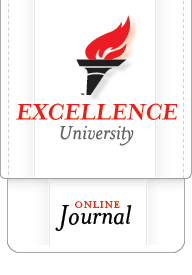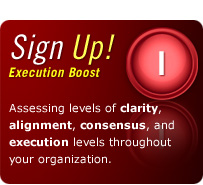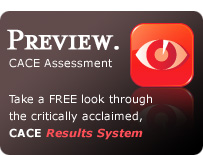January 11th, 2010
by Dr. Brian Higley |
The great psychologist Victor Frankl survived the Nazi death camps and used the experience to help create a way to help people overcome suffering called “logotherapy.” Frankl said that we can handle any “what” (or situation) in our lives if we have a strong enough “why” (or meaning). This shows how important it can be to connect what we do with something that is meaningful to us. If we can connect our goals with an exciting meaning, purpose or mission, we tend to feel more energized to overcome the barriers to achievement of our most important aims on a day to day basis.
Meaning and purpose can be enhanced by staying aware of how what we do connects with our broader objectives in life. Here are some ways people have been able to strengthen meaning and purpose in their personal and/or professional lives: (more…)
January 10th, 2010
by Dr. Brian Higley |
Often, being extroverted (or focused on what is happening outside of ourselves) is helpful to the ability to experience or achieve what we want to in life. On the other hand, introversion (or being focused on what is happening inside of ourselves) is also frequently very helpful as well. An ability to focus on what is happening outside of ourselves (including the thoughts and feelings of others) and inside of ourselves (including our own strengths and weaknesses) when situations call for it can be critical to personal and professional success. For this reason, psychological flexibility can help us be more at ease and more effective across a variety of situations in life.
Psychological flexibility can be increased by understanding our current comfort zones and how to broaden them. Here are some ways people have been able to increase flexibility in their lives: (more…)
January 9th, 2010
by Dr. Brian Higley |
In today’s fast-paced, complicated world, even the most disciplined lives are often filled with challenges and disagreements. Structuring our minds and our environments to minimize these complications and to effectively cope with the stress and conflict that cannot be minimized is a critical piece of the Self-Mastery puzzle.
Effective coping can be facilitated by a clear understanding of how to increase our ability to handle challenging times will also decreasing the amount of unnecessary difficulties that we experience. Here are some ways people have been able to cope effectively with the stress and conflict in their lives: (more…)
January 8th, 2010
by Dr. Brian Higley |
Many personal and professional growth sources touch on the association between optimistic outlooks and success and/or satisfaction. Our team has found that both research and our own personal experience has revealed two things to be true when it comes to optimism:
- That an optimistic outlook that is grounded in realism can be extremely helpful to well-being, personal effectiveness and relationship satisfaction.
- That many believe it is more “realistic” to be pessimistic than it is to have an optimistic outlook. This often false belief is often a major barrier to the cultivation of this aspect of Self-Mastery.
This shows how critical it can be to cultivate an optimistic outlook that is also based on realism (as opposed to optimism generated through “rose colored glasses”). Unrealistic optimism can be as damaging as pessimism when it comes to the ability to achieve important goals or experience satisfaction in life, so learning how to be both realistic and optimistic is critical. (more…)
January 7th, 2010
by Dr. Brian Higley |
Almost everyone knows that taking care of our bodies is important to enhanced influence over our thoughts, feelings and behaviors. Promoting improved health in the major systems of the body (including the cardiovascular, muscular-skeletal, nervous, endocrine and respiratory system) can enhance energy, increase positive moods and decrease the frequency and intensity of illnesses, unnecessary conflict and pessimism.
All of this begs a critical question: If there is so much positive pay-off for better physical health that people are clearly aware of, why is it that so many of us do not engage in activities that can bring them about? We’ve found that two major reasons why people do not attend to their physical health regularly: (more…)
(more…)



